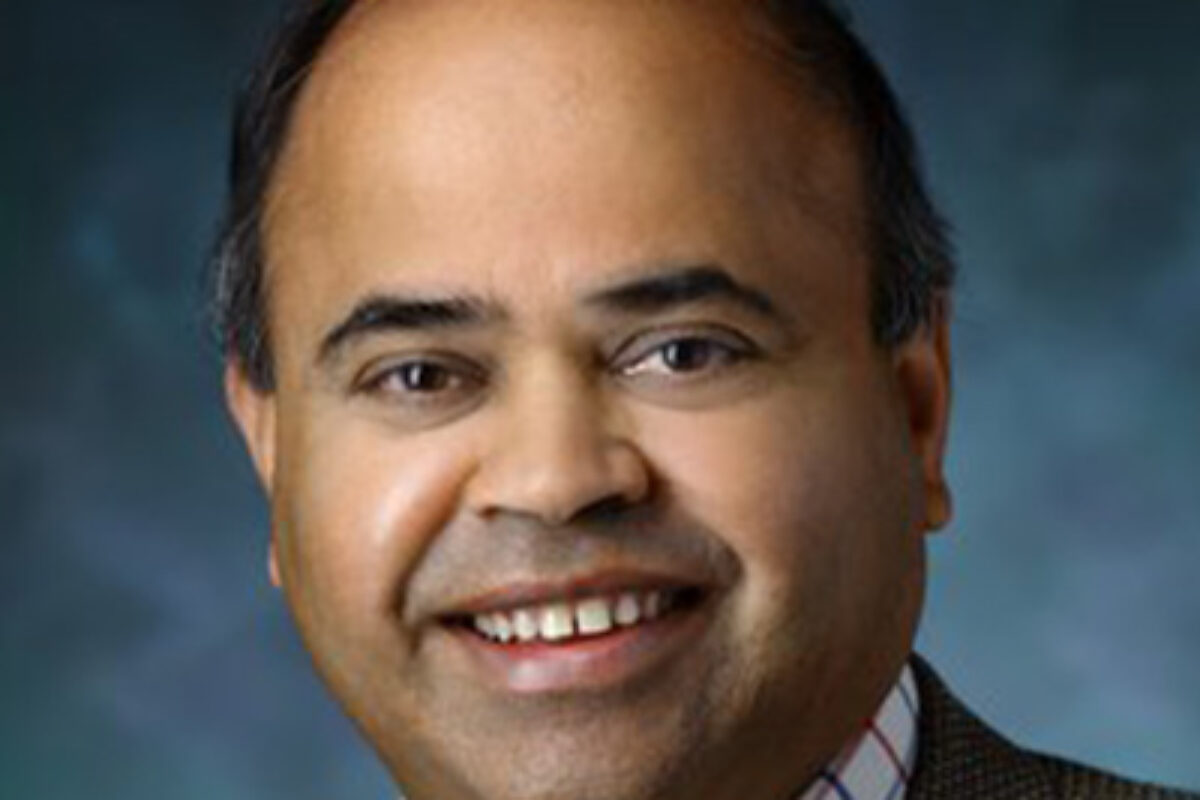Hopkins Geriatricians Identify Biomarkers Linking Social Isolation & Mortality
Congratulations are in order to COAH champions Dr. Thomas Cudjoe, Shang-En Chung, Dr. David L. Roth, and Dr. Cynthia Boyd from the Division of Geriatric Medicine and Gerontology and Dr. Roland Thorpe, Jr., from the Bloomberg School of Public Health for their timely and significant research paper: “Getting under the skin: Social isolation and biological markers in the National Health and Aging Trends Study.” The full journal issue with this article went live on Feb. 6, 2022 and can be found here.
Also, collaborators outside of COAH included Dr. Carl Latkin from the Bloomberg School of Public Health and Sruthi Selvakumar, who was a Summer Research Trainee through the Division of Geriatric Medicine and Gerontology’s MSTAR Program.
Importantly, they found that social isolation and extreme social isolation are associated with higher levels of IL-6 and CRP, biomarkers of aging associated with deleterious health consequences over time—including increased mortality and morbidity.
Until now, social isolation was considered a risk factor for morbidity and mortality comparable to smoking, hypertension, and a sedentary lifestyle, but the science behind that deleterious association was not understood. Consequently, the discovery that social isolation is clearly linked to IL-6 or CRP may be instrumental to interventions mitigating social isolation’s negative health outcomes.
What follows is a brief interview with Dr. Cudjoe about it.
Tony Teano: How will this discovery help shape interventions?
Dr. Cudjoe: I think about this work as one of the steps in understanding how biological markers might be used as an outcome measure for social isolation intervention studies.
Tony Teano: What can older adults do to stay socially connected, especially now, given the COVID-19 pandemic?
Dr. Cudjoe: The last few years have been difficult for everyone. Due to a variety of factors the COVID-19 pandemic has been particularly burdensome for the health and well-being of older adults. My advice is to first stay safe practicing proper masking, physical distancing, and hand hygiene. Specifically, as it relates to staying socially connected, I believe its important for people to prioritize the practice of connecting with friends, families, and neighbors at regular and routine intervals. This could take the form of safe in-person interactions (masked, distanced, or outdoors), connecting using communication technologies (i.e. phone, Zoom, Facetime), or writing letters. At the core of this is nurturing our relationships.
Tony Teano: If people took away just one pearl of wisdom from your most recent research, what would you want that to be?
Dr. Cudjoe: Social isolation is not good for our bodies.
Tony Teano: What social isolation research is in the pipeline that you’re working on?
Dr. Cudjoe: I am actively working to understand what older adults think about social isolation and what they believe might be solutions to prevent or address this challenge.
By Anthony Teano, Communications Specialist
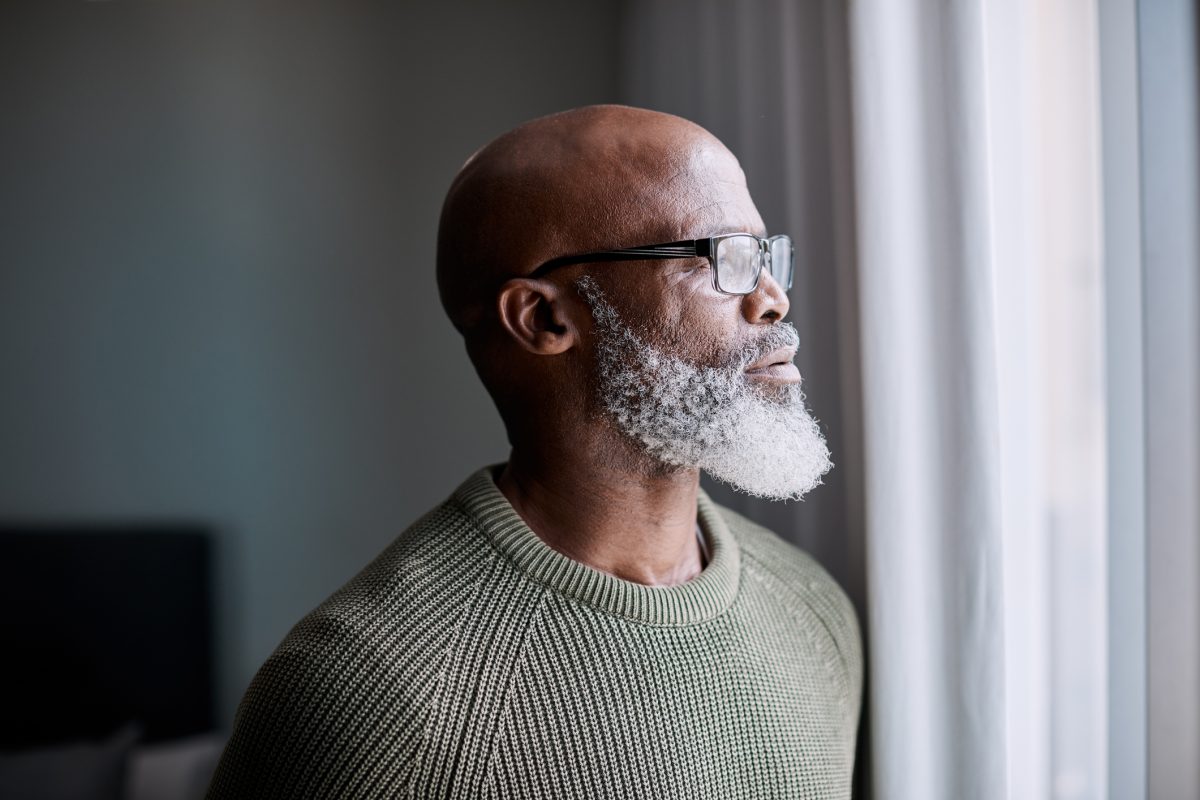
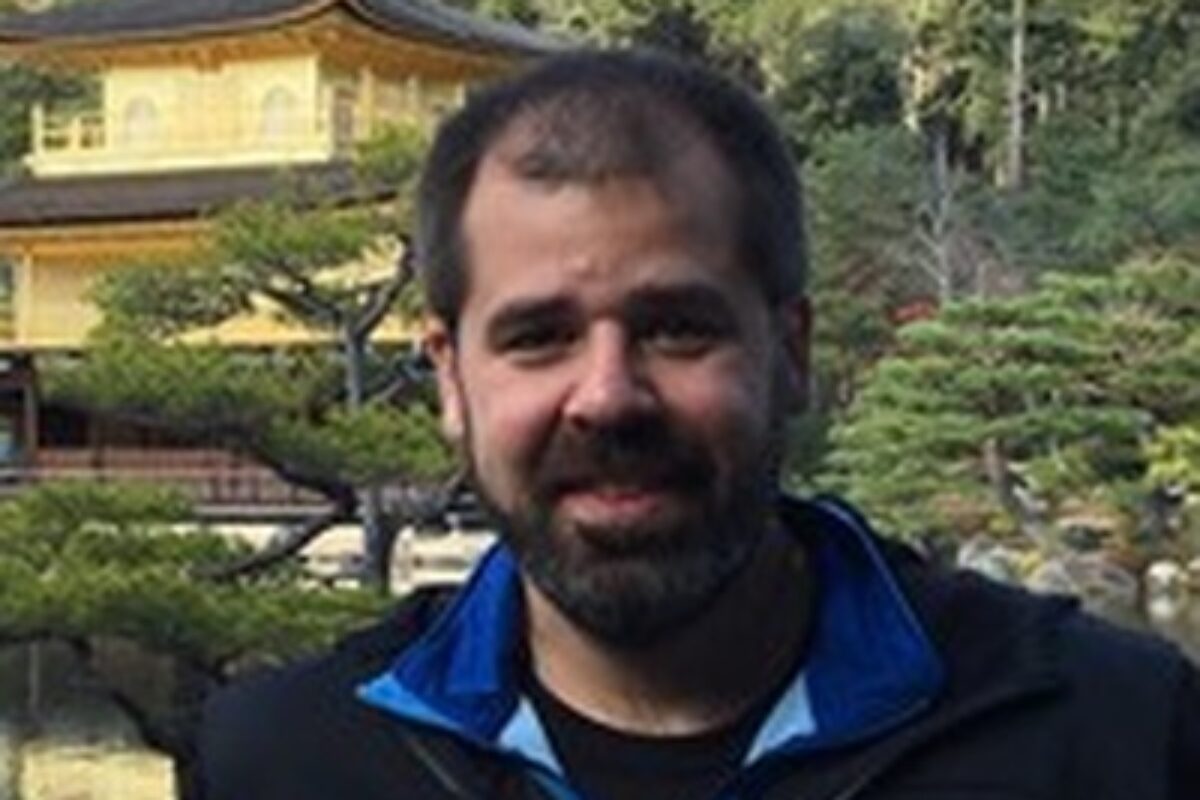
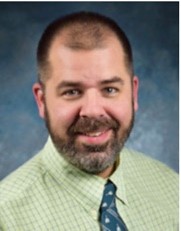
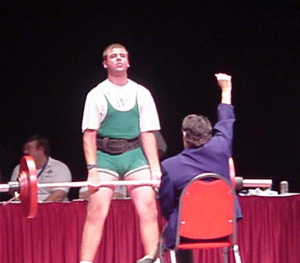 Is there any additional fun fact to know and tell you’d like us to know about your home life, family, where you grew up, etc.?
Is there any additional fun fact to know and tell you’d like us to know about your home life, family, where you grew up, etc.?
